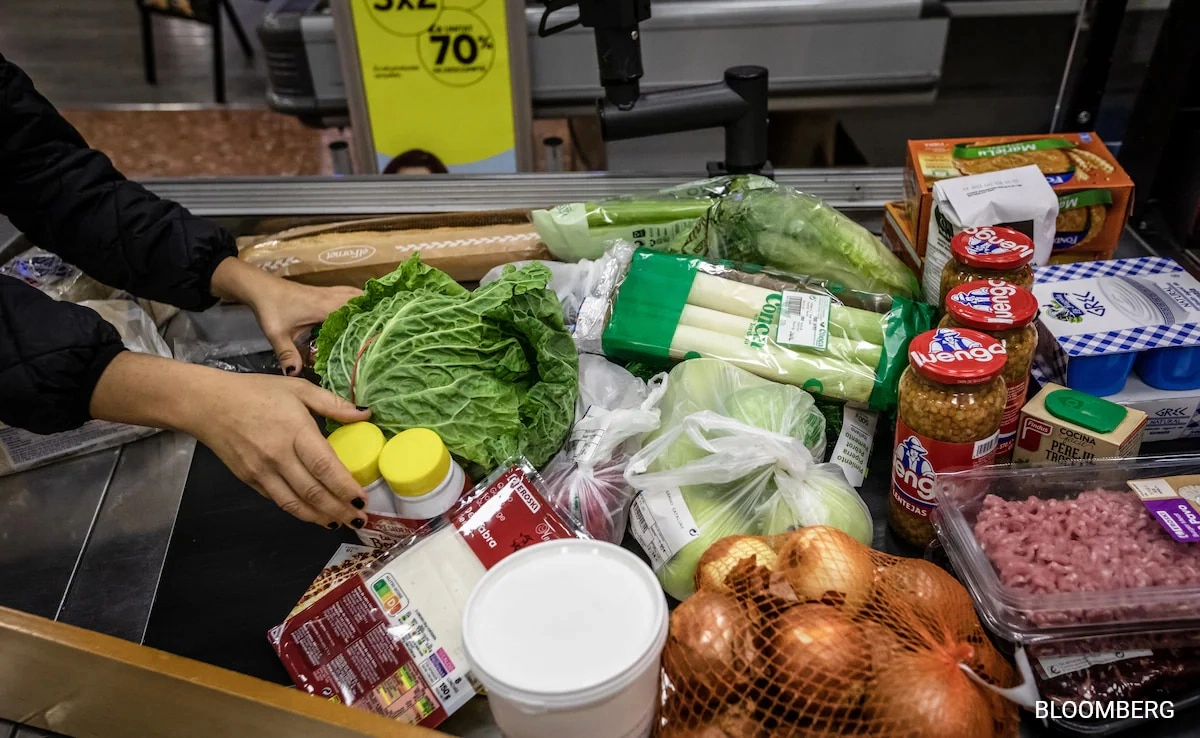Climate change is increasingly becoming a significant factor influencing the cost of groceries worldwide. As extreme weather events become more frequent and severe, their impact on agricultural production is profound. Droughts, floods, and unpredictable weather patterns disrupt the growing seasons and reduce crop yields. For instance, drought-stricken regions may see a drastic decline in essential crops like wheat, corn, and soybeans, leading to a limited supply in the market. When supply diminishes, prices inevitably increase, putting additional strain on consumers’ grocery bills.
Moreover, the effects of climate change extend beyond just crop yields. As temperatures rise, pests and diseases that affect crops are also becoming more prevalent, further threatening food security. Farmers are forced to adapt their practices, which often involves increased use of pesticides and fertilizers, adding to production costs. These costs eventually trickle down to consumers, manifesting in higher prices at the grocery store. Additionally, livestock agriculture is facing its challenges, with heat stress affecting animal health and productivity. This not only compromises the quality of meat and dairy products but also leads to increased costs for farmers, which are reflected in retail prices.
Transportation and logistics are another crucial aspect affected by climate change. Extreme weather such as hurricanes and floods can disrupt supply chains, making it more challenging to transport goods from farms to consumers. These disruptions can lead to shortages in certain products, causing prices to spike. The increased fuel costs associated with navigating altered routes or transporting goods that require refrigeration due to temperature fluctuations further contribute to rising grocery bills. As a result, consumers are left to bear the brunt of these rising costs, making it increasingly difficult for many families to maintain their food budgets.
In conclusion, climate change is a multifaceted issue that significantly impacts food prices. From altered agricultural practices and reduced crop yields to disrupted supply chains, each element contributes to the rising cost of groceries. As these trends continue, it becomes evident that addressing climate change is not just an environmental concern but also a pressing economic issue that affects people’s daily lives. Moving forward, it is essential for consumers, farmers, and policymakers to work together to develop sustainable practices that can help mitigate these impacts, ensuring food security and affordability for future generations.




